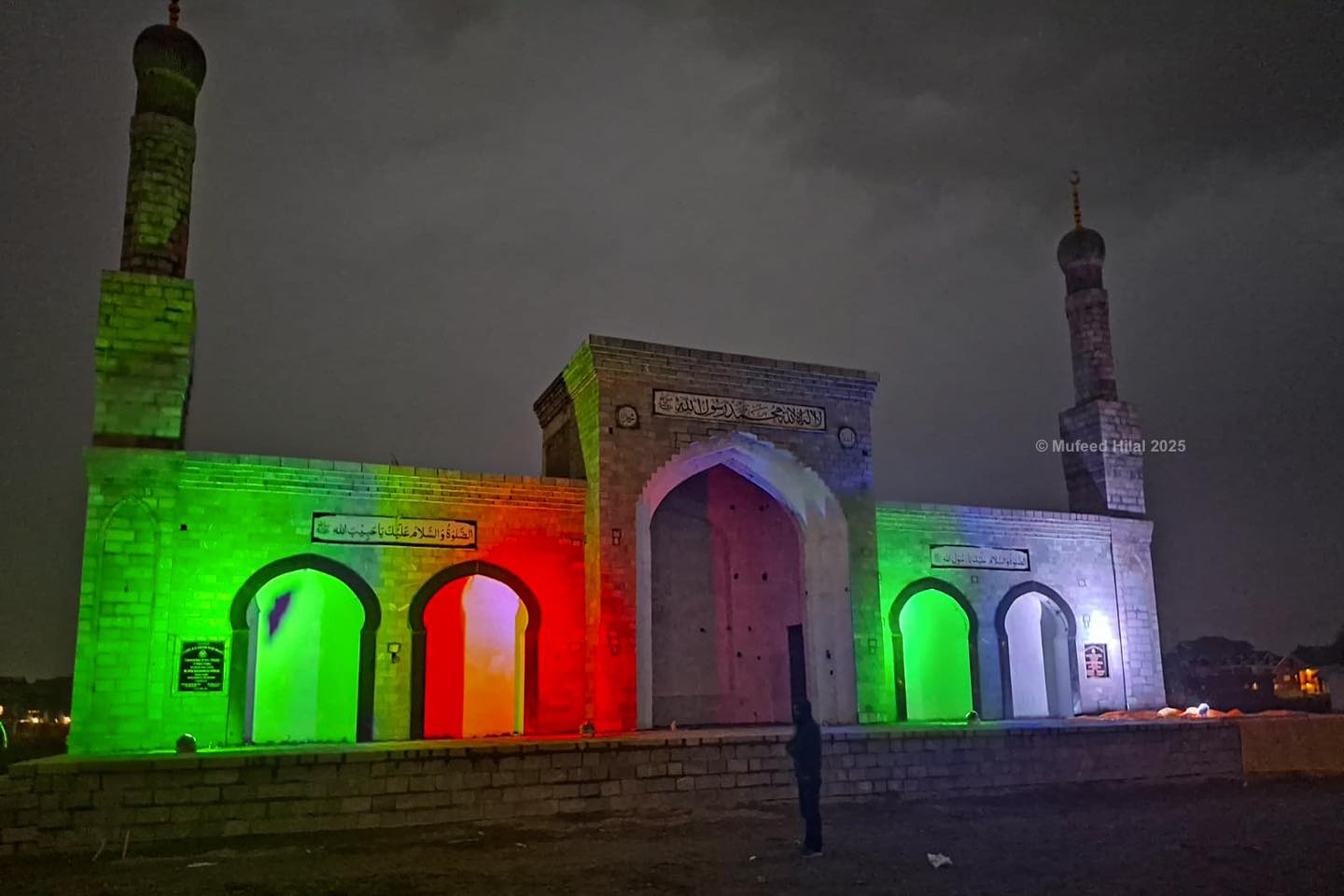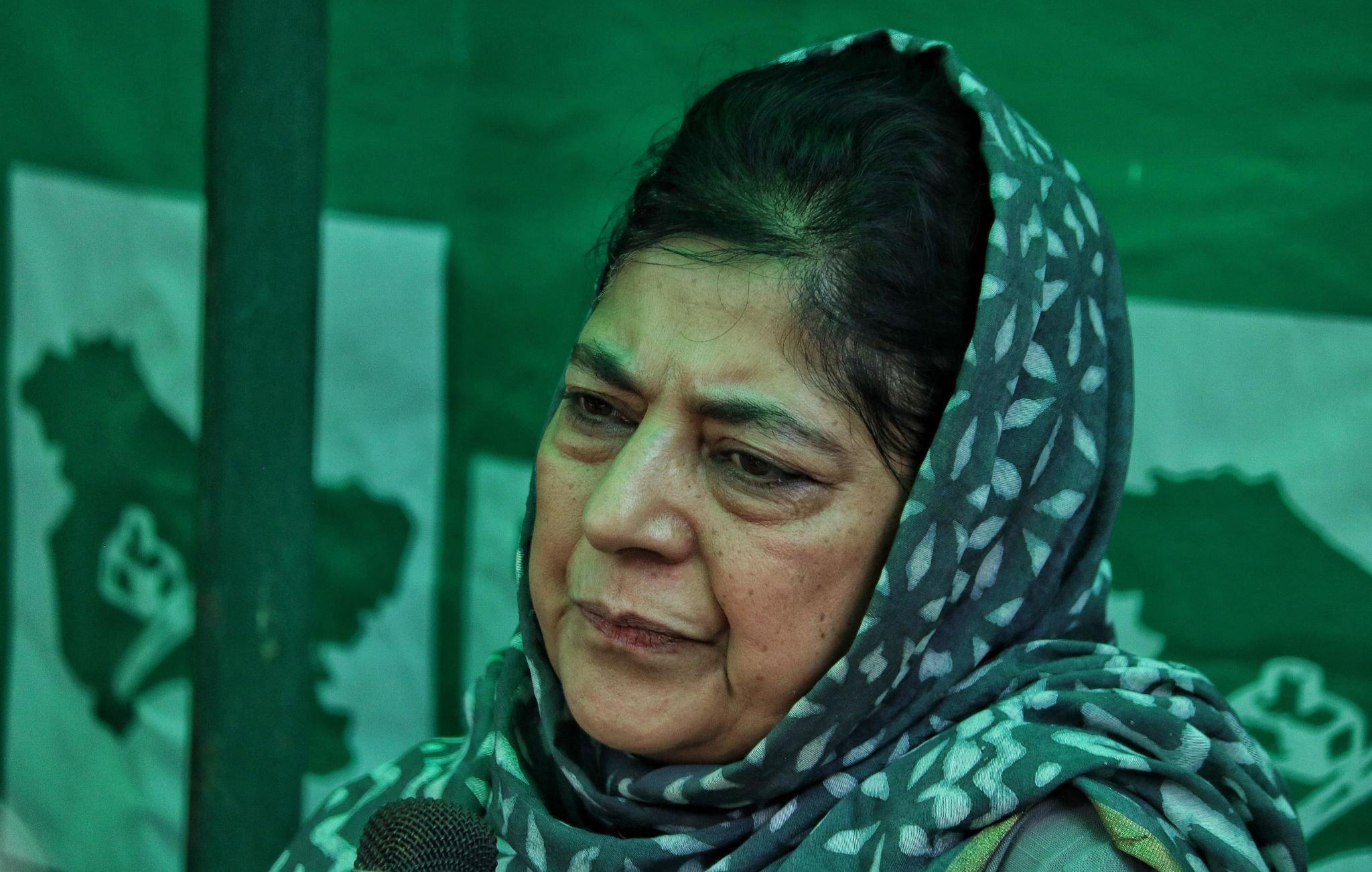J&K Pulpit Inaugurated, But No Eid Prayers Allowed at Historic Eidgah
Srinagar, March 30, 2025 – The historic Eidgah in Srinagar will remain closed for Eid prayers on Monday, sparking widespread disappointment among the local Muslim community. The announcement, made by BJP leader and Jammu and Kashmir Waqf Board Chairperson Darakhshan Andrabi, cited ongoing construction work as the reason for the ban. This decision comes just days after the inauguration of a grand pulpit at the Eidgah, raising questions about the timing and intent behind the move.
No Prayers Since 2019
Eid prayers have not been allowed at the Eidgah since the abrogation of Article 370 in 2019, with authorities citing fears of law-and-order violations. The ban remains in place despite hopes that the first Eid under the new government led by Omar Abdullah might bring a change. Andrabi’s announcement has dashed these expectations, leaving the community questioning the rationale behind the decision.
Controversial Pulpit Inauguration
On Wednesday, Andrabi inaugurated the newly constructed pulpit at the Eidgah, which took nine months to complete. The event was marked by fanfare, with Andrabi inviting people to admire the pulpit’s design. However, the absence of prayers at the site has led to criticism, with many calling the inauguration an “eyewash.”
National Conference MLA Mubarak Gul expressed strong displeasure over the move, accusing Andrabi of sidelining elected legislators and naming lower-rung officials on the pulpit’s plaque. “Such unilateral actions not only violate established protocols but also disregard the sentiments of the local population,” Gul stated. He announced plans to submit a privilege motion against the Waqf Board for failing to involve local representatives in the process.
Community and Political Reactions
The decision has sparked outrage among the local population and political leaders. Critics argue that the ban on prayers undermines the religious significance of the Eidgah, which has historically been a focal point for Eid congregations. The controversy has reignited debates about the functioning of the Waqf Board and its handling of religious projects.


